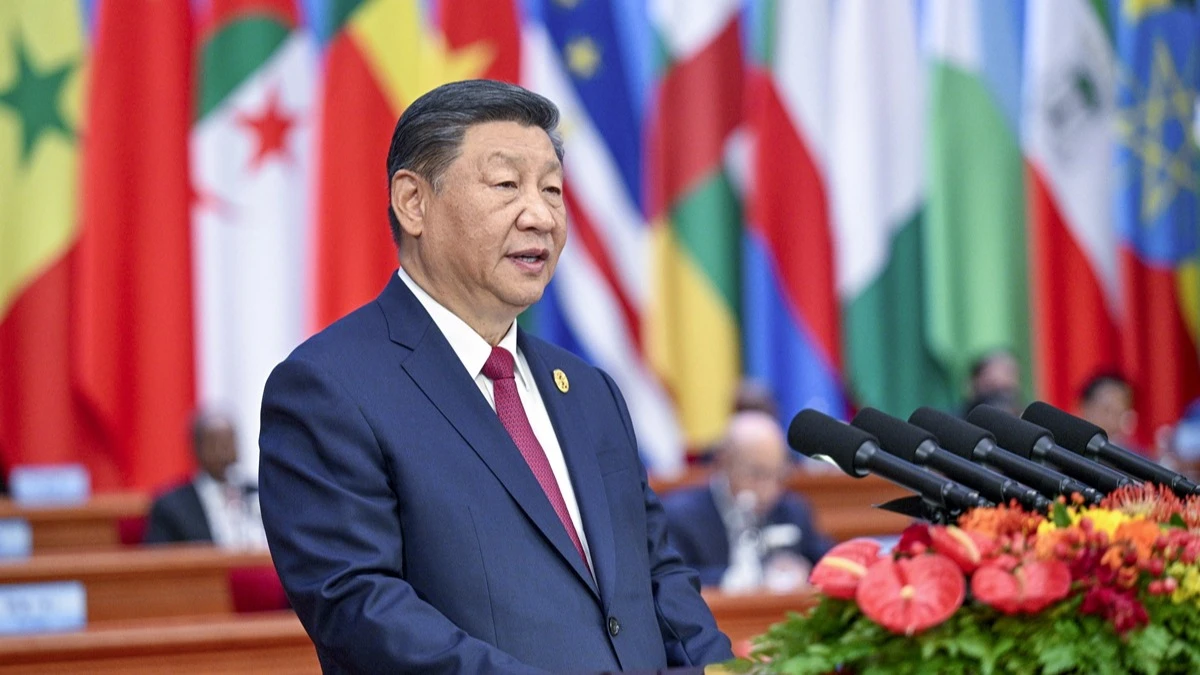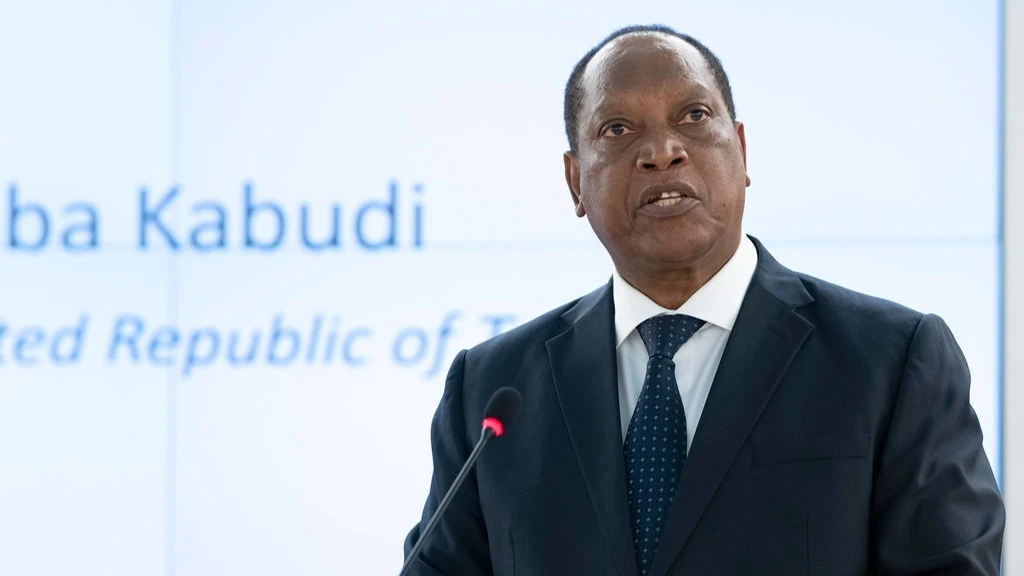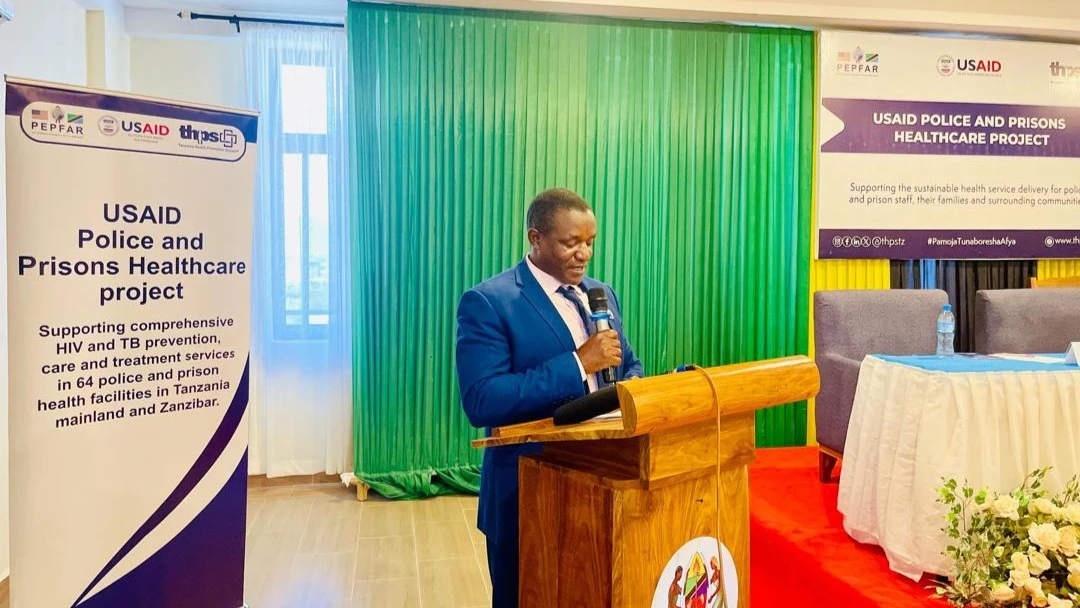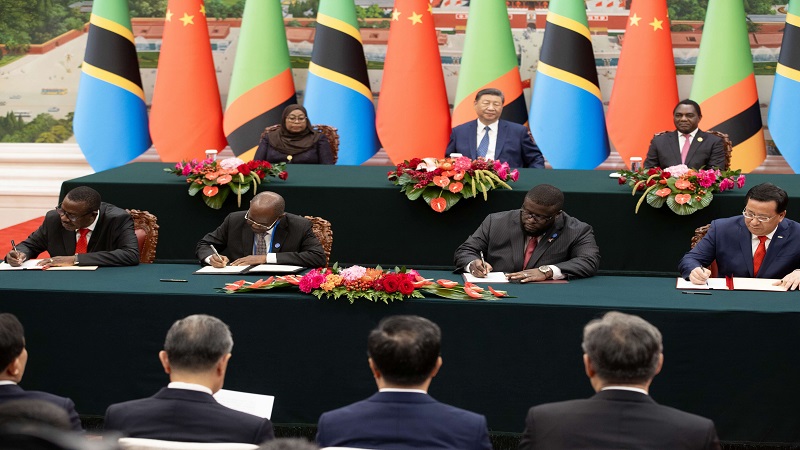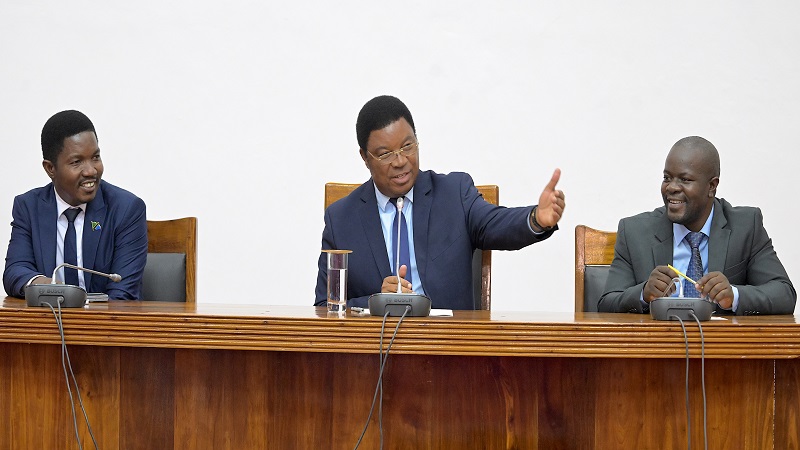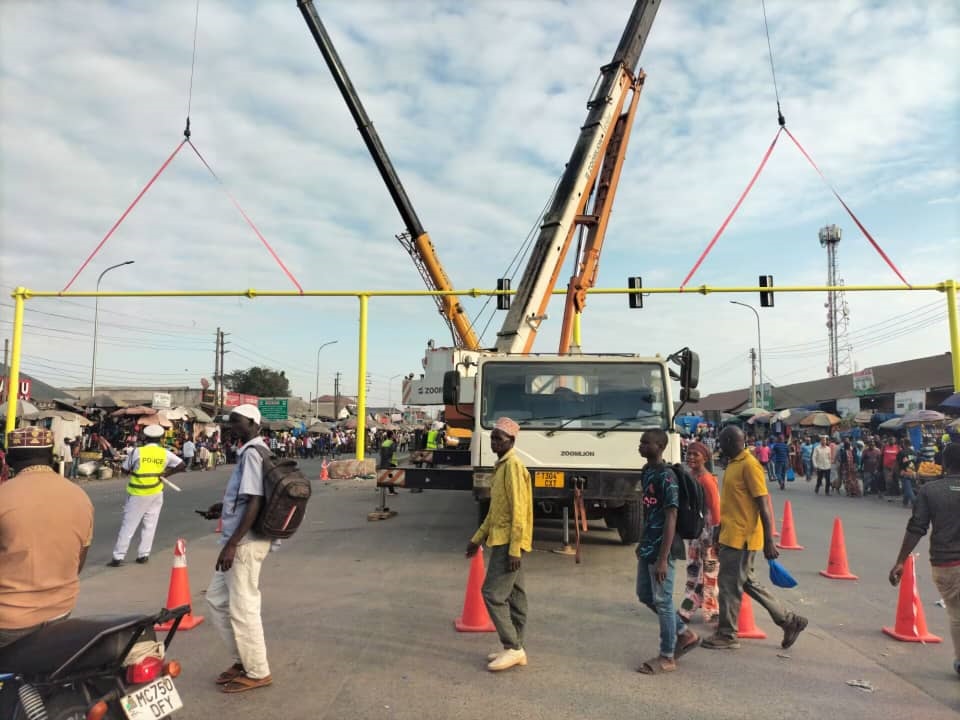Hearing loss on the rise, top Muhimbili expert warns
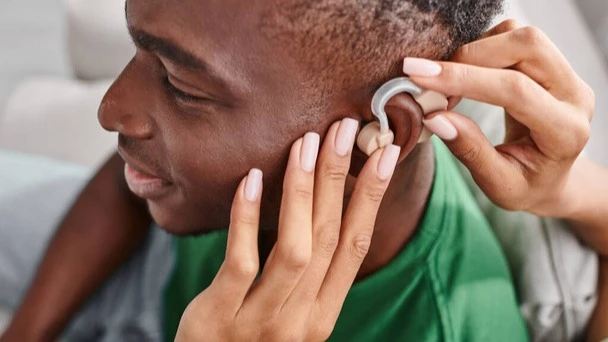
YOUTHS riding excessively noisy motorcycles are at an even greater threat of hearing loss than urban residents exposed to noisy environments generally, who also need to take precautions to prevent partial or intense hearing disability.
Dr Fikiri Iddi, an audiology and speech pathology specialist at the Muhimbili National Hospital (MNH) spelled out this warning at the ongoing Dar es Salaam International Trade Fair (DITF), recommending that individuals exposed to excessive noise utilise protective gear such as earplugs or earmuffs to minimise adverse effects.
The specialist emphasized the ear’s crucial role as one of the five senses which contribute to mental balance, improving speech and language as well as preventing dizziness.
He pointed at areas with a noisy atmosphere like the central business district streets around the Kariakoo market, in showcasing a new service for early infant screening to help identify and promptly address any hearing challenges.
Highlighting the situation, he said parents often bring children with hearing impairments to the hospital at advanced stages, thus reducing the likelihood of restoring their hearing.
“If hearing problems are detected early, we can offer implants or hearing aids, which can enhance hearing by up to 90 percent. Children often arrive here at ages six or seven, having lived with hearing disorders for years,” he explained.
“Hearing disorders treatment expenses are also high where each device costs up to 70m/-, he elaborated, affirming that the government has been supporting costs of implanting such devices, allocated 2.6bn/- primarily covering their procurement.
“However, additional funding is necessary for installation and ongoing treatment of the child,” he said, stressing children who are examined before reaching the age of five are likely to overcome the impact of hearing constraints or inability to pronounce words as well as “a voice without waves.”
Members of the general public need to undergo a hearing test once or twice a year by attending a clinic as the prevalence level of the problem is on the rise, he said, pointing out that the MNH clinic receives about 20 people with the problem every day.
Last year’s data shows that 432m people had hearing problems worldwide, with 34 million children among them, he said, pointing at earphones as a critical factor in the tendency towards hearing loss, especially for those who ride motorcycles.
They wear earphones and in order to hear, they have to set the broadcast or other volume higher than that of the vehicle they are riding, he said, noting that to overcome hearing challenges at an early stage, one can use ear plugs or ear muffs to reduce the level of noise.
Statistics by the World Health Organization (WHO) have it that by 2050 up to 2.5bn people, one billion of whom will be youths, will have lost hearing ability. Upwards of 700m such people will be from Sub-Saharan Africa, the specialist added.
Top Headlines
© 2024 IPPMEDIA.COM. ALL RIGHTS RESERVED










